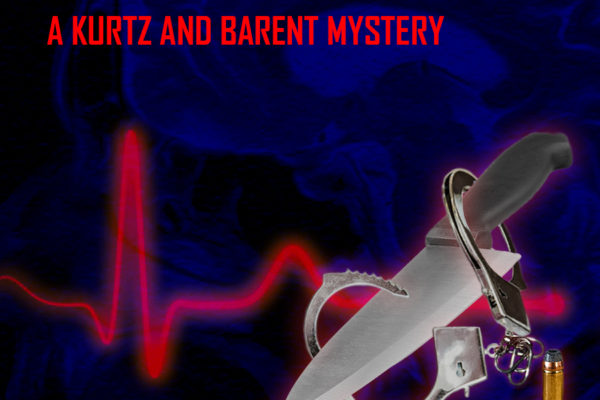Years ago, I read an excellent book by John Gardner, entitled On Becoming a Novelist. Gardner advanced the thesis that the purpose of the words is to convey the sights and sounds and plot and action directly into the awareness of the reader but that the words themselves should be unobtrusive. They should in no way interfere with the sensory experience of the book. This is generally known as the “transparent” style. It’s what Samuel Johnson meant when he said, “When I come across a line of mine that I think particularly fine, I strike it out.”
Nobody thinks it strange when a work that is written in German or French or Ancient Greek is translated into English. There is a general awareness that no translation is perfect. There are always nuances and subtleties that are beyond even the greatest translator, but nobody objects to the attempt, and an excellent translation certainly conveys most of what was there in the original language. But what about translating English into English? There is also a general awareness that Old English, a language closer to German than modern English, can no longer be understood. Many people have read Beowulf, but only scholars read it in Old English.
We often make the attempt with Middle English, in college, at least. I read some Chaucer in High School. It was a translation but in college, I read it in the original. I no longer remember how much of it I understood. I suspect that the professor spent a lot of time simply translating.
But how about Shakespeare? It’s a contentious subject. When Shakespeare was writing his plays, everybody could understand them. Most of his audience was not well educated but they all understood the language. I recently read an article outlining the pros and cons. There were a lot more cons, arguing essentially that Shakespeare’s language was so glorious and distinct that it must be preserved. Well, I suppose you could say the same thing about Homer but if you want to understand it, you need a translation. Shakespeare, simply put, can no longer be understood, not at least, without tremendous thought and concentration, which certainly detracts from the immersive experience that the transparent style is supposed to provide.
No, I’m with those who say that it’s time to translate Shakespeare. It’s too bad, but if you want Shakespeare to live beyond the classroom and a highly devoted elite, then I think it’s necessary.





